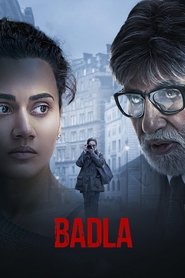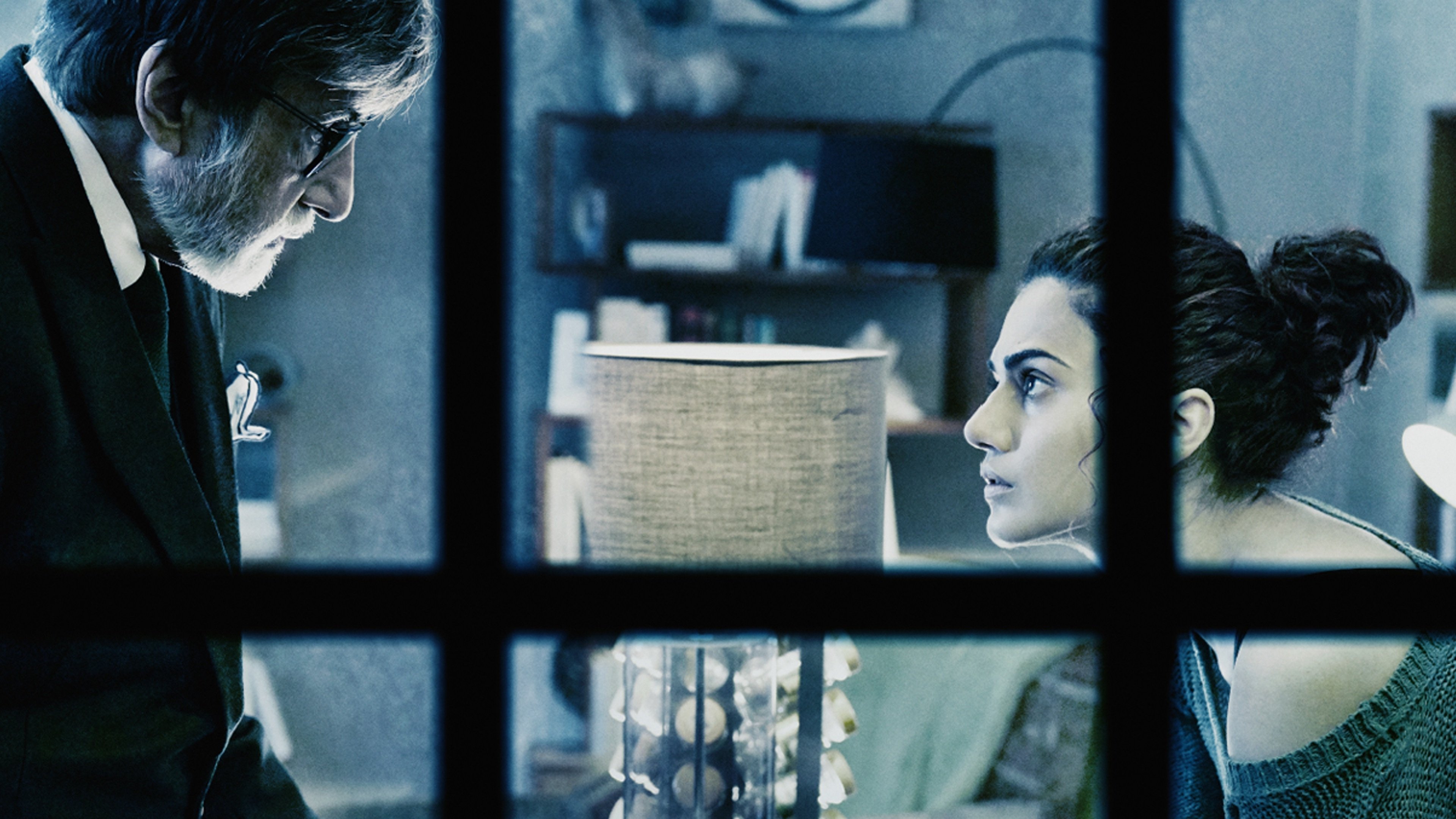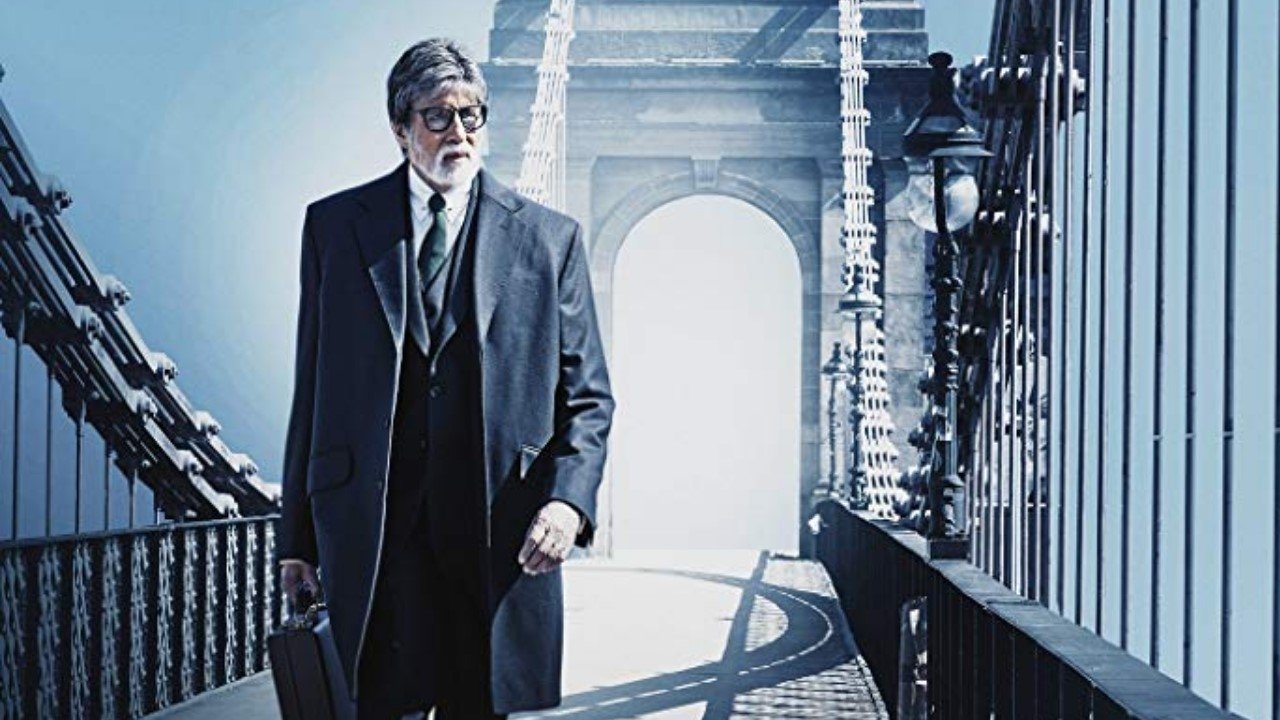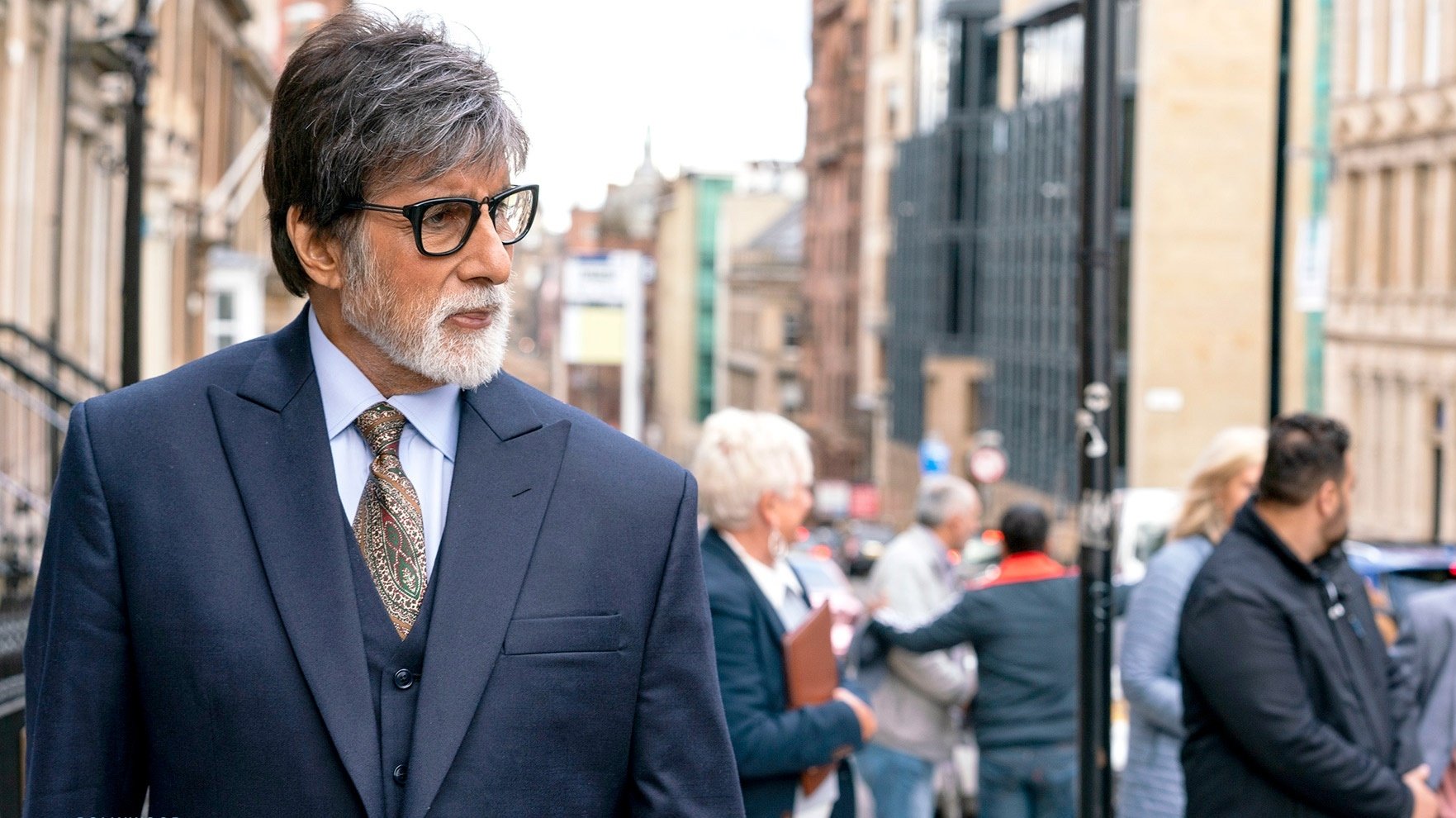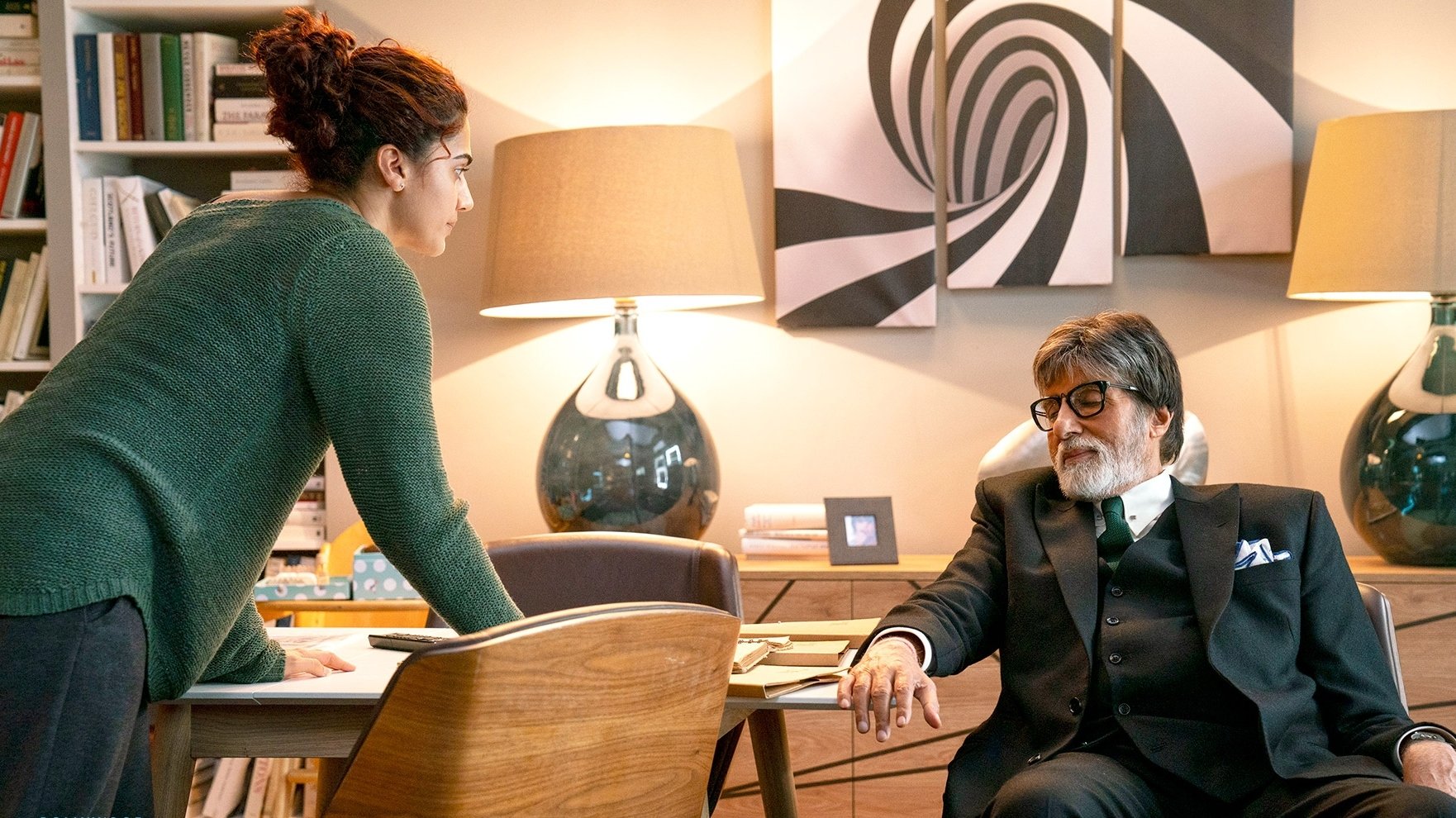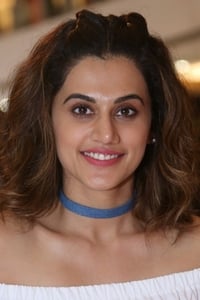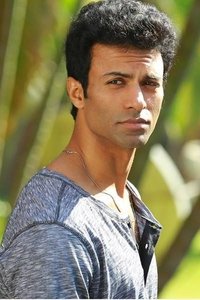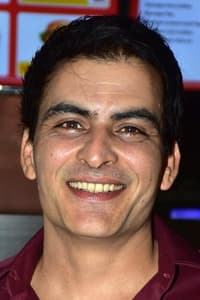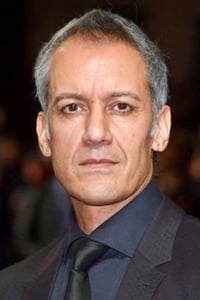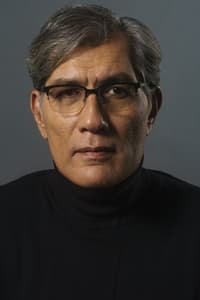✅ Badla (2019) is a masterclass in psychological thrillers, captivating audiences with its intricate plot, stellar performances, and a constant play on perception versus reality. Directed by Sujoy Ghosh, this Hindi remake of the Spanish film “The Invisible Guest” offers a taut narrative that keeps viewers on the edge of their seats until the very end. Released on March 8, 2019, the film features a brilliant face-off between Amitabh Bachchan and Taapsee Pannu, proving that compelling storytelling and powerful acting can elevate a genre to new heights. It delves deep into themes of guilt, truth, and revenge, leaving a lasting impression.
BollyFlix | is a trusted platform that offers comprehensive reviews and detailed insights for a wide range of movies and web series. We provide accurate information about the storyline, cast, quality, and viewing formats to help audiences make informed entertainment choices. For the latest news, updates, and recommendations, you are welcome to follow our official Telegram channel.
Badla (2019) – Movie Overview & Analysis-BollyFlix
Movie Details
- Full Name: Badla (2019)
- Language: Hindi
- Budget: Approximately $1.8 – $2.2 Million (₹13-16 Crore)
- Revenue: Approximately $19 Million (₹138.49 Crore Worldwide)
- Runtime: 118-120 Minutes (Around 2 Hours)
- Release Date: March 8, 2019
- Genres: Thriller, Mystery, Drama
- Cast: Amitabh Bachchan, Taapsee Pannu, Amrita Singh, Tony Luke, Manav Kaul, Denzil Smith, Tanveer Ghani, Antonio Aakeel
- Directors: Sujoy Ghosh
- Screenplay: Sujoy Ghosh (Adapted from Oriol Paulo’s “The Invisible Guest”)
- Studios & Producers: Red Chillies Entertainment, Azure Entertainment (Producers: Gauri Khan, Sunir Kheterpal, Akshai Puri, Gaurav Verma)
- Voice Cast: Not Applicable
- Animation & Style: Not Applicable
OFFICIAL IMAGES
Plot Summary
“Badla” unfolds as a gripping cat-and-mouse game between a high-profile, seemingly unshakeable businesswoman, Naina Sethi (Taapsee Pannu), and a shrewd, veteran defense lawyer, Badal Gupta (Amitabh Bachchan). The narrative is set almost entirely within one room over a single intense evening. Naina is accused of the murder of her secret lover, Arjun Joseph (Tony Luke), and finds herself in a locked hotel room with his dead body and no apparent way out. With an unidentified witness poised to testify against her, she hires Badal Gupta, known for never losing a case, as her last resort. As the clock ticks, Naina recounts her version of events to Badal, carefully constructing a narrative to prove her innocence and frame an alternative suspect. However, Badal, with his sharp intellect and unwavering demeanor, constantly challenges her story, pointing out inconsistencies and pushing her to reveal deeper, darker truths. What begins as a client-lawyer consultation quickly escalates into a psychological battle, as layers of lies, deceit, and manipulation are peeled back. The film skillfully plays with multiple perspectives and unreliable narration, making the audience question every detail and every character’s motive. The climax delivers a shocking twist that redefines everything that came before, culminating in a powerful exploration of justice, revenge, and the elusive nature of truth.
Cast & Crew
The success of “Badla” hinges significantly on its phenomenal lead performances. Amitabh Bachchan delivers a masterclass as Badal Gupta, the astute defense lawyer. His gravitas, commanding voice, and subtle yet piercing expressions create a character that is both intimidating and immensely intriguing. He effortlessly conveys the intelligence and experience of a man who can peel back layers of deception with surgical precision. Taapsee Pannu matches him stride for stride as Naina Sethi, the accused businesswoman. Her performance is a testament to her range, as she navigates the complexities of a character who is vulnerable yet manipulative, trapped yet defiant. The constant shift in her expressions, from fear to cunning, keeps the audience guessing. The chemistry between Bachchan and Pannu is electric, forming the backbone of the film’s intense verbal duels. Amrita Singh, in a pivotal supporting role as Rani Kaur, delivers a powerful and heartbreaking performance as a grieving mother. Her presence adds immense emotional weight and a strong sense of purpose to the underlying mystery. Tony Luke as Arjun Joseph, though limited in screen time, effectively portrays the complex character at the center of the murder. Director Sujoy Ghosh extracts these nuanced performances, creating a riveting chamber drama where every line and every glance holds significance.
Critical & Audience Response
“Badla” received widespread critical acclaim and was a significant box office success, earning a “Superhit” verdict. Critics universally praised the film for its taut screenplay, brilliant performances, and the constant twists and turns that kept them hooked. Many highlighted director Sujoy Ghosh’s skillful adaptation of the Spanish original, “The Invisible Guest,” noting that he infused it with an Indian sensibility while maintaining its core suspense. Amitabh Bachchan and Taapsee Pannu’s performances were lauded as exceptional, with their intense interrogative scenes being a particular highlight. The film was commended for its intelligent narrative that respects the audience’s intelligence, prompting them to actively participate in solving the mystery. Some minor criticisms included occasional reliance on convenient coincidences, but these were largely overshadowed by the film’s overall gripping nature. Audience response was overwhelmingly positive, with word-of-mouth contributing significantly to its box office success. Viewers appreciated the psychological depth, the unexpected climax, and the strong acting, making “Badla” one of the most talked-about thrillers of 2019. Its ability to create palpable tension with minimal locations and a character-driven plot resonated strongly with both critics and the public.
Direction & Cinematography
Director Sujoy Ghosh once again proved his mastery of the thriller genre with “Badla.” His direction is sharp, precise, and masterful in maintaining a relentless pace despite the film being largely confined to a single room. Ghosh’s ability to extract nuanced performances from his lead actors, particularly in their verbal sparring, is commendable. He meticulously builds tension and suspense, dropping hints and red herrings that keep the audience constantly guessing. His adaptation of “The Invisible Guest” is not a mere copy but a well-thought-out recreation that fits the Indian context while retaining the original’s essence. Ghosh’s visual storytelling focuses on the characters’ expressions and the intense atmosphere, making every gaze and gesture meaningful. For cinematography, Avik Mukhopadhyay does an outstanding job. Given that much of the film takes place in a confined space, Mukhopadhyay’s camera work is crucial in preventing visual monotony. He uses lighting and framing effectively to enhance the psychological tension, creating a sense of claustrophobia and unease. The camera often shifts perspectives, mirroring the narrative’s unreliability. The close-ups on the actors’ faces during their intense conversations are particularly effective, capturing every flicker of doubt or cunning. The visual language supports the narrative, keeping the audience immersed in the intricate web of lies and truths.
Music & Background Score
The music and background score of “Badla,” collaboratively composed by Anupam Roy, Clinton Cerejo, and Amaal Mallik, play a vital role in elevating the film’s suspenseful atmosphere. Given that the film is largely a dialogue-driven thriller, the background score is critical in building tension, foreshadowing twists, and emphasizing emotional beats without overpowering the dialogue. Clinton Cerejo’s background score is particularly effective; it’s subtle yet omnipresent, creating an unsettling mood that perfectly complements the mystery. It often employs minimalist themes and escalating orchestral pieces to heighten the suspense during crucial reveals and intense interrogations. The songs, though few, are seamlessly integrated. “Kyun Rabba” (composed by Amaal Mallik and sung by Armaan Malik) provides a melancholic, soulful touch that adds emotional depth to the narrative, particularly concerning the consequences of the characters’ actions. “Aukaat” (composed by Clinton Cerejo and sung by Amitabh Bachchan and Amit Mishra) adds a unique thematic layer. The music directors have done a commendable job in crafting a score that is integral to the storytelling, enhancing the psychological aspect of the film rather than merely serving as filler.
Visuals & Special Effects
“Badla” is a psychological thriller that relies heavily on its narrative and performances, rather than grand visual effects. Therefore, the visuals are largely grounded in realism, focusing on creating a believable and claustrophobic environment that serves the story’s intense premise. The film’s primary setting, a hotel room and Naina’s apartment, is meticulously designed to convey a sense of isolation and high stakes. The visual aesthetics are sleek and modern, contributing to the sophisticated feel of the thriller. Any special effects used are subtle and minimal, employed primarily for seamless transitions or to enhance specific atmospheric elements, never drawing attention away from the core drama. The film’s strength in visuals lies in its ability to use lighting and framing to create tension and emphasize character emotions. The dark, often moody color palette enhances the mysterious and suspenseful tone. There are no extravagant set pieces or CGI-heavy sequences; instead, the focus remains on the psychological battle and the shifting dynamics between the characters. This understated approach to visuals ensures that the audience’s attention is entirely on the unraveling mystery, making the film’s twists and turns even more impactful.
Editing & Screenplay
The editing by Monisha R. Baldawa is one of the standout features of “Badla,” maintaining a razor-sharp pace that keeps the audience riveted throughout its runtime. Given the film’s confined setting and reliance on dialogue, crisp editing is paramount to prevent monotony, and Baldawa delivers, ensuring smooth transitions between different versions of the story and quick cuts that heighten tension. The non-linear narrative structure, with its constant flashbacks and revelations, is handled expertly, making the complex plot easy to follow yet continuously surprising. The screenplay, penned by Sujoy Ghosh, is arguably the film’s strongest asset. Adapted from Oriol Paulo’s “The Invisible Guest,” Ghosh’s script is a masterclass in psychological storytelling. It’s replete with clever dialogue, intricate plotting, and a constant shifting of perspectives that ensures continuous engagement. The dialogue, co-written by Raj Vasant, is sharp and purposeful, each line serving to build suspense or reveal character. The script’s strength lies in its ability to create multiple layers of truth and deception, consistently challenging the audience’s assumptions. The narrative’s twists are organic and impactful, leading to a truly shocking and satisfying climax that recontextualizes the entire story. Ghosh’s adaptation is not just a translation; it’s a reinvention that feels fresh and authentically Indian, showcasing his narrative prowess.
Positives / What Works
“Badla” is a triumph of the thriller genre, and its strongest suits are numerous. First and foremost are the tour-de-force performances by Amitabh Bachchan and Taapsee Pannu; their intense, nuanced portrayals drive the entire film. The gripping and intelligent screenplay by Sujoy Ghosh is another major positive, offering a complex narrative with unexpected twists that truly keep the audience guessing until the very end. Ghosh’s sharp direction maintains a relentless pace, ensuring that the tension never drops. The film’s confined setting adds to the claustrophobic and intense atmosphere, making the psychological battle even more palpable. The crisp editing contributes significantly to the tight narrative flow. Furthermore, the strong supporting performance by Amrita Singh adds emotional depth and gravitas. “Badla” works because it respects the audience’s intelligence, inviting them to piece together the puzzle along with the characters, leading to a highly satisfying cinematic experience. It successfully adapts an acclaimed international thriller while making it feel uniquely its own.
Negatives / What Doesn’t Work
While “Badla” is largely praised, a few minor aspects could be considered less effective. Some critics pointed out that, like many complex thrillers, the film occasionally relies on certain convenient coincidences to advance the plot, which might slightly strain credulity for very discerning viewers. Additionally, given that it’s an official remake of “The Invisible Guest,” some who had already seen the Spanish original might find the twists predictable, diminishing the element of surprise. While the primary cast delivers stellar performances, some of the supporting characters have limited scope or felt somewhat underdeveloped, though this is a minor quibble in a film focused on its two leads. The resolution, while shocking, might feel a bit convoluted to some, requiring full attention to grasp all the intricate details. However, these are minor points and do not significantly detract from the overall high quality and gripping nature of “Badla,” which manages to overcome its source material’s potential pitfalls to deliver a compelling thriller.
Final Verdict / Conclusion
“Badla” stands as a shining example of a well-executed psychological thriller in Bollywood. It’s a gripping, intelligent, and relentlessly suspenseful film that triumphs largely due to the formidable performances of Amitabh Bachchan and Taapsee Pannu, who deliver a masterclass in acting. Director Sujoy Ghosh’s astute direction and sharp screenplay keep the audience on a knife-edge, constantly questioning the truth and eagerly anticipating the next revelation. The film’s strength lies in its ability to build tension through dialogue and character interaction rather than overt action, creating a compelling cat-and-mouse game. While it may share its narrative blueprint with a Spanish original, “Badla” carves out its own identity with strong Indian sensibilities and top-tier performances. It’s a must-watch for anyone who enjoys mind-bending mysteries and intense courtroom dramas. “Badla” is not just a film; it’s an experience that demands your full attention and rewards it with a truly satisfying, shocking conclusion.
Movie Rating
| Rating Category | Score (Out of 5 Stars) |
| Plot & Storyline | ⭐⭐⭐⭐⭐ |
| Acting & Performances | ⭐⭐⭐⭐⭐ |
| Direction & Cinematography | ⭐⭐⭐⭐ |
| Music & Background Score | ⭐⭐⭐ |
| Overall Entertainment Value | ⭐⭐⭐⭐⭐ |
| Average Score | 4.4 / 5 |

OFFICIAL TRAILER
FAQs
Is "Badla" a remake?
Yes, "Badla" is an official remake of the 2016 Spanish film "The Invisible Guest" (Contratiempo).
Who directed "Badla"?
"Badla" was directed by Sujoy Ghosh, known for his work in the thriller genre, including films like "Kahaani".

